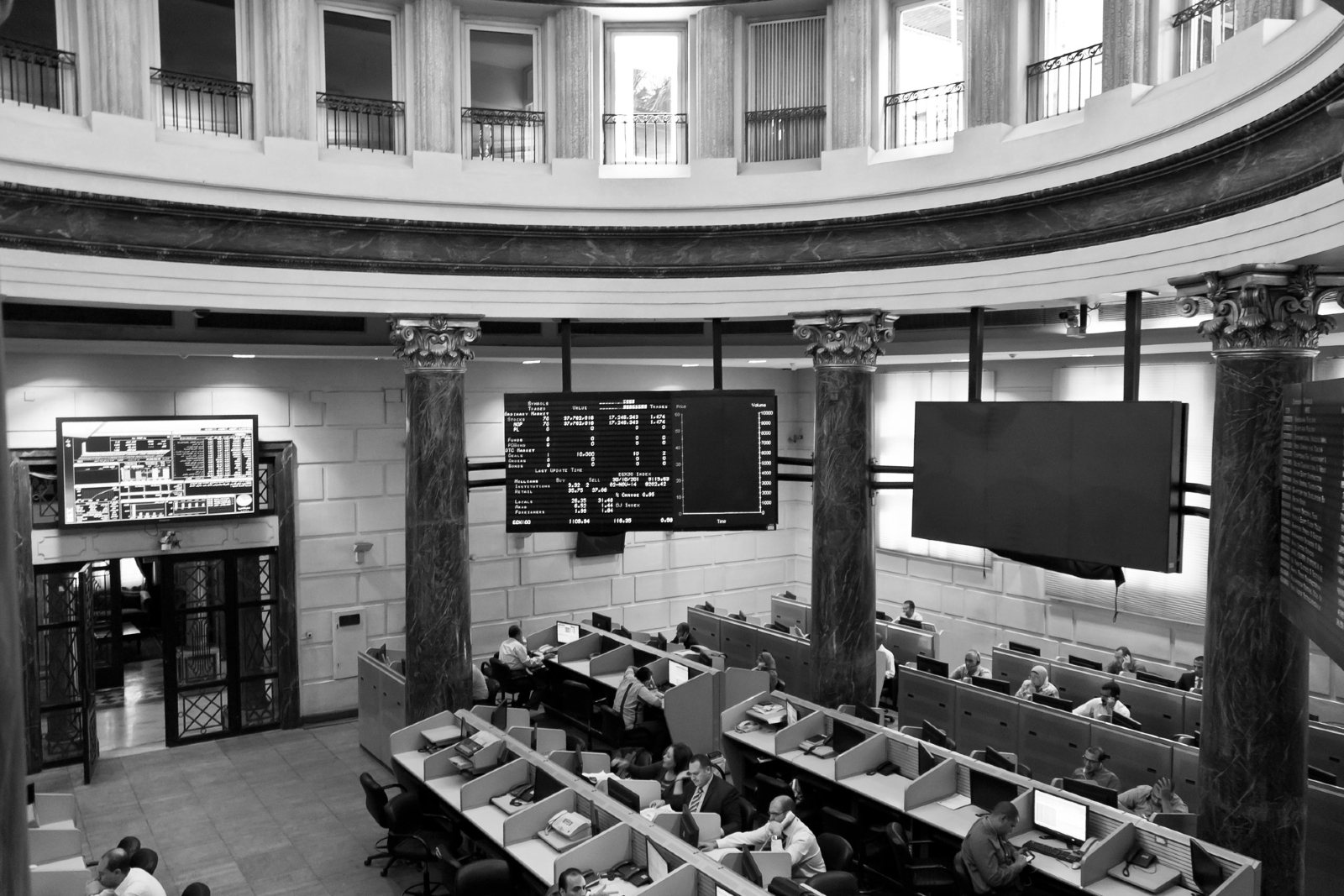Egypt goes full Kuroda: CBE to directly purchase equities in a bid to stem EGX sell-off

CBE to directly purchase equities in a bid to stem EGX sell-off: The Central Bank of Egypt (CBE) will buy up to EGP 20 bn worth of shares listed on the EGX to support asset prices amid sustained market volatility caused by the covid-19 outbreak, a senior official at the central bank told Enterprise last night. This amounts to more than 5% of the total EGX100 market cap, which currently stands at a little over EGP 380 bn. President Abdel Fattah El Sisi announced earlier in the day that the CBE would allocate EGP 20 bn to support the exchange but didn’t elaborate on how the funds would be deployed.
The CBE isn’t the only central bank to enter the equities market, but it is one of the few to do it on this scale. The Bank of Japan, which under its governor, Haruhiko Kuroda, launched in 2010 an unprecedented equity-purchase program as part of a package of measures designed to drag the country out of deflation and support asset prices. That program now sees the BoJ on track to become the biggest holder of Japanese equities. Globally, central banks were thought last year to hold more than USD 1 tn in equities, Bloomberg reported at the time, “as they sought to diversify their reserves away from low-yielding bonds.” The Bank of Israel and the Swiss National Bank “are among those to have publicly disclosed investments in stocks in the past,” the business information service adds.
There’s no clarity this morning on how the CBE plans to move into the market or a timeframe for the program. But the Bank of Japan buys exchange-traded funds, which seems to us to be the least-disruptive way to enter the market. With a paucity of ETF options, it will be interesting to see how the CBE will move into (and later get out of) the market without causing disruption. As Nikkei Asian Review notes: “And unlike bonds, ETFs lack maturities. The bank will have to sell them back to the market if it decides to decrease its holdings — but slowly and carefully to keep from driving prices down.”
The CBE’s statute (pdf) gives it wide leeway to intervene under articles 12 and 13, including authorizing it to “take whatever measures it deems relevant … in case of a financial disturbance” to “meet the necessary needs in the financial markets.”
Traders didn’t get a chance to react to El Sisi’s late-afternoon announcement, but the exchange still closed in the green yesterday: The EGX30 gained another 5.92% in trading yesterday, reaching intraday highs of 6.48% on announcements that state-owned National Bank of Egypt (NBE) and Banque Misr were plowing a combined EGP 3 bn into the market. This was the second consecutive day of gains after the benchmark index shed nearly 18% last week on covid-19 fears; the EGX30 rose 5% on Thursday.
The EGX is no longer the worst performing index in the region after two days of gains and as the sell-off in Dubai resumed yesterday. It is now down a little over 30% YTD compared to 37% at the end of Wednesday’s session.
Don’t expect that two days of gains means the volatility is over, analysts warn. A record-breaking emergency 300 bps interest rate, tax breaks for EGX investors and energy price cuts together with the Banque Misr and NBE stimulus have sent the right signals. But you can expect the market to remain highly sensitive to how the covid-19 outbreak develops — and impacts the global economy — over the next three months, Pharos Holding head of research Radwa El Swaify tells Enterprise. Market movements “will also rely on how the government responds to the outbreak. If there is a complete shutdown, it’s only natural stock prices will continue to fall,” El Swaify says.
Listed companies are still supporting their stock prices through buybacks. Eastern Tobacco (pdf), Madinet Nasr for Housing (pdf), Odin Investments (pdf), Raya Contact center (pdf), and Egypt Kuwait Holding (pdf) each said yesterday they are planning to or have already pulled the trigger on share buybacks. The companies are capitalizing on temporarily relaxed rules from the Financial Regulatory Authority on buybacks.